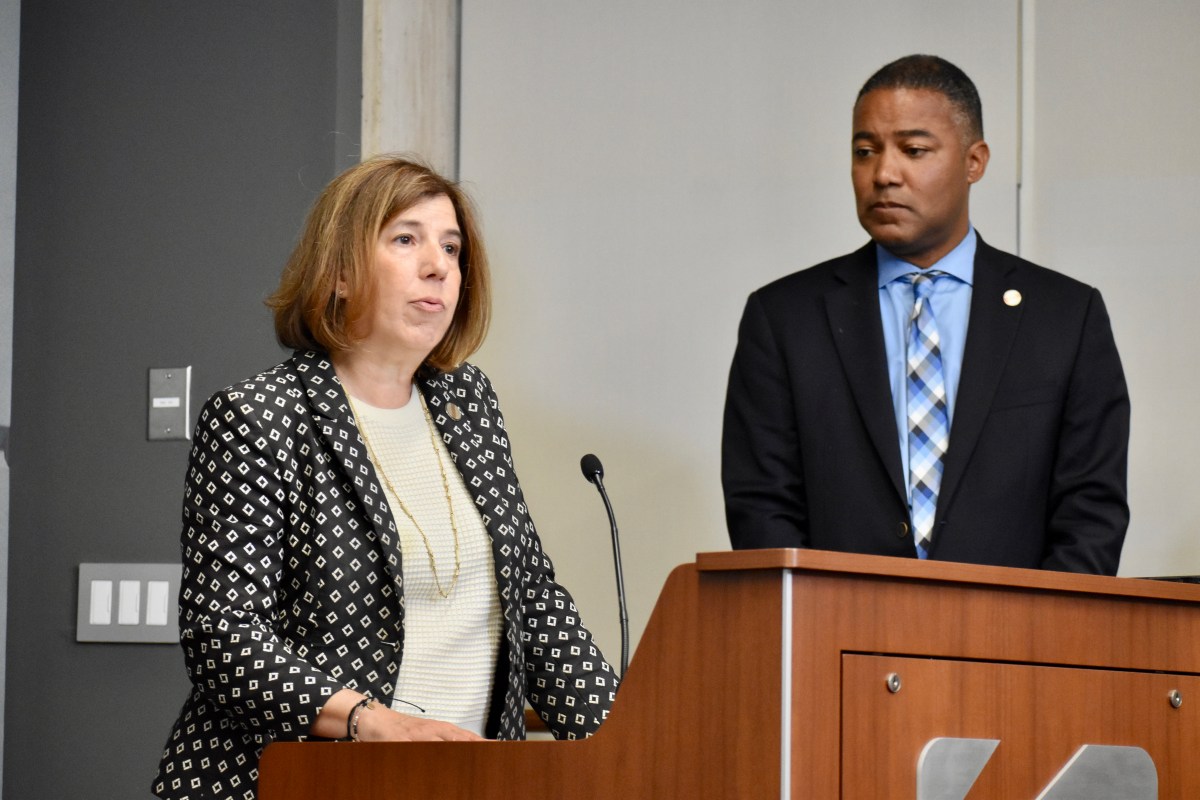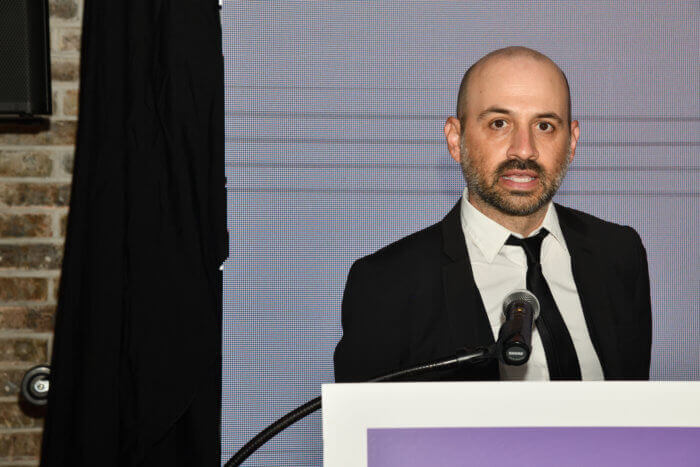TOKYO (AP) — The man who married a former Japanese princess has passed the New York bar exam, defying detractors back home who had criticized their romance.
Kei Komuro’s name is on the list of those who passed the July New York state bar exam, which was posted Friday on The New York State Board of Law Examiners web site.
Komuro’s engagement to former Princess Mako, announced in 2017, prompted a widespread public outcry, mostly on social media and in the tabloids. One reason was a financial problem of Komuro’s mother, although that’s since been resolved.
Komuro, 31, a graduate of Fordham University law school, has a job at a New York law firm, and has been living in New York with Mako, a museum curator. She gave up her royal status last year when she married Komuro. All Japanese princesses relinquish their royal status upon marriage, as there is only male succession in the Japanese imperial family.
Speculation has now moved to how much money Komuro might be earning as a lawyer, instead of when he might be getting fired.
Reports said Komuro’s shaky standing will improve with the imperial family, the couple may move from Hell’s Kitchen in Manhattan to a ritzier neighborhood, and Komuro’s mom may move in with them.
Japan appears modern on the surface, but values about family and women are rooted in feudal practices. Many Japanese are also often jealous of people who study abroad or get jobs with international companies.
Local media say the couple are like Romeo and Juliet, and have used the Japanese equivalent of the phrase: “the third time is the charm.” Komuro failed the bar in his two previous attempts.
It’s common for people to pass after multiple attempts. Of the 9,609 candidates for the latest exam, the passing rate was 66% at 6,350 people, including Komuro.
The couple did without any fancy wedding, registered their marriage and took off to New York in November last year. They met while attending Tokyo’s International Christian University a decade ago.
The Japanese tabloids had stalked the couple in New York, taking snapshots and commenting snidely about Mako’s casual clothes, which struck a contrast with the usual staid formal wear of Japan’s imperial family.
Other princesses have married commoners and left the palace. But the reaction to Komuro and Mako was especially frenzied, much of it focusing on whether he would be able to support his wife.
Mako, who turns 31 Sunday, is the niece of Emperor Naruhito, who also married a commoner, Masako. Masako, a Harvard graduate, suffered depression in the cloistered imperial life. Former Emperor Akihito, Naruhito’s father, was the first member of the imperial family to marry a commoner.
The family holds no political power but serves as a symbol of the nation, attending ceremonial events and visiting disaster zones.
When Komuro returned from the U.S. last year to marry Mako, they were reunited for the first time in three years.
Mako said then: “He is someone I cannot do without.”
Komuro echoed her devotion: “I want to live the only life I have with the person I love.”
Yuri Kageyama is on Twitter https://twitter.com/yurikageyama























